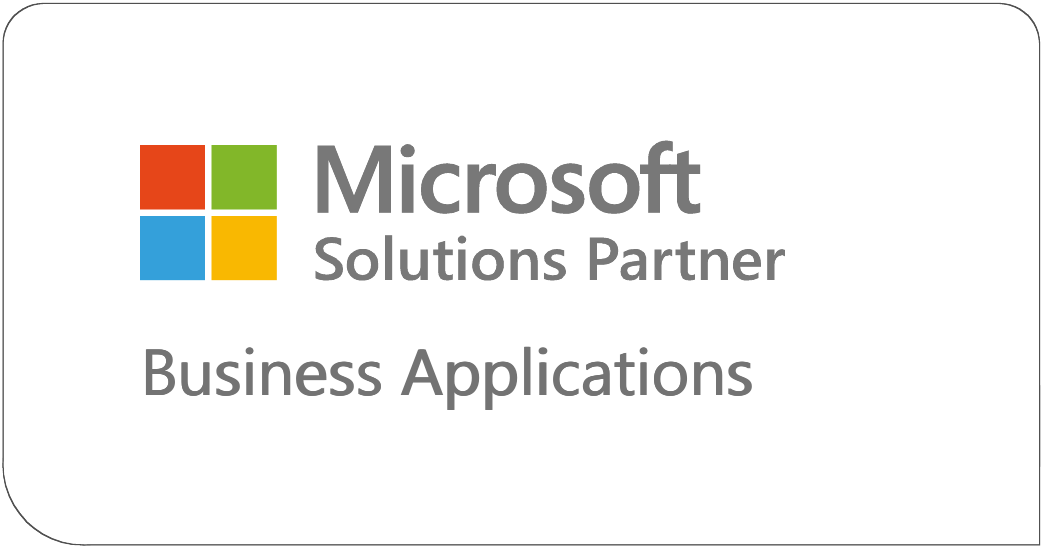| Ali Shah

Flexibility:
Agile project management processes are more flexible than traditional practices. If your team members feel the need to make changes to their products or work processes while working, agile project management allows them to do so. Agile project management does not believe in following strict standards; they mainly focus on things. Because of this change, people prefer faster project management. On the other hand, traditional or waterfall project management is based on a top-down approach. This means you can't afford last-minute changes without affecting your workflow or results.
Feedback:
If you use the traditional methodology to develop or build a new product, you have to plan everything from the beginning. You must complete each task within a pre-planned time and budget. That is, you cannot allow significant changes based on feedback that could delay product delivery.
However, with the agile approach, you can get continuous feedback from the product owner and customers. Continuous feedback will help you deliver better results and deliver high-quality products on time. For this reason, developers and project managers prefer to use agile project management over the traditional approach.
Complexity:
Agile project management is best for complex projects. If your project phase depends on other phases or related phases, then the agile method is the best way to lighten the workload and reduce the complexity. Frequent reviews and revisions will help reduce complexity and state ambiguity.
Although the standard process implementation follows a linear path, it cannot handle complex tasks where the requirements are unclear, and the task is complex. As mentioned earlier, you can’t change this way easily. Reporting is good for small businesses.
Ownership:
Ownership and responsibility is another reason why developers and managers prefer agile project management to traditional methods. In Agile, each team member owns and is responsible for the project. Everyone in the agile team plays an equally important role in completing the project on time. On the other hand, in traditional project management, only the project manager owns the entire project. Yes, you can involve clients in the planning stage, but their role ends once planning begins.
|
Characteristics |
Agile approach |
Traditional approach |
|
Organizational structure |
Iterative |
Linear |
|
Scale of projects |
Small and medium scale |
Large-scale |
|
User requirements |
Interactive input |
Clearly defined before implementation |
|
Involvement of clients |
High |
Low |
|
Development model |
Evolutionary delivery |
Life cycle |
|
Customer involvement |
Customers are involved from the time work is being performed |
Customers get involved early in the project but not once the execution has started |
|
Escalation management |
When problems occur, the entire team works together to resolve it |
Escalation to managers when problem arise |
|
Model preference |
Agile model favors adaption |
Traditional model favors anticipation |
|
Product or process |
Less focus on formal and directive processes |
More serious about processes than the product |
|
Test documentation |
Tests are planned one sprint at a time |
Comprehensive test planning |
|
Effort estimation |
Scrum master facilitates and the team does the estimation |
Project manager provides estimates and gets approval from PO for the entire project |
|
Reviews and approvals |
Reviews are done after each iteration |
Excessive reviews and approvals by leaders |
Join us next time, as we continue our journey of learning canvas apps.Click here to learn more about Imperium's Power Apps Services. We hope this information was useful, and we look forward to sharing more insights into the Power Platform world.

